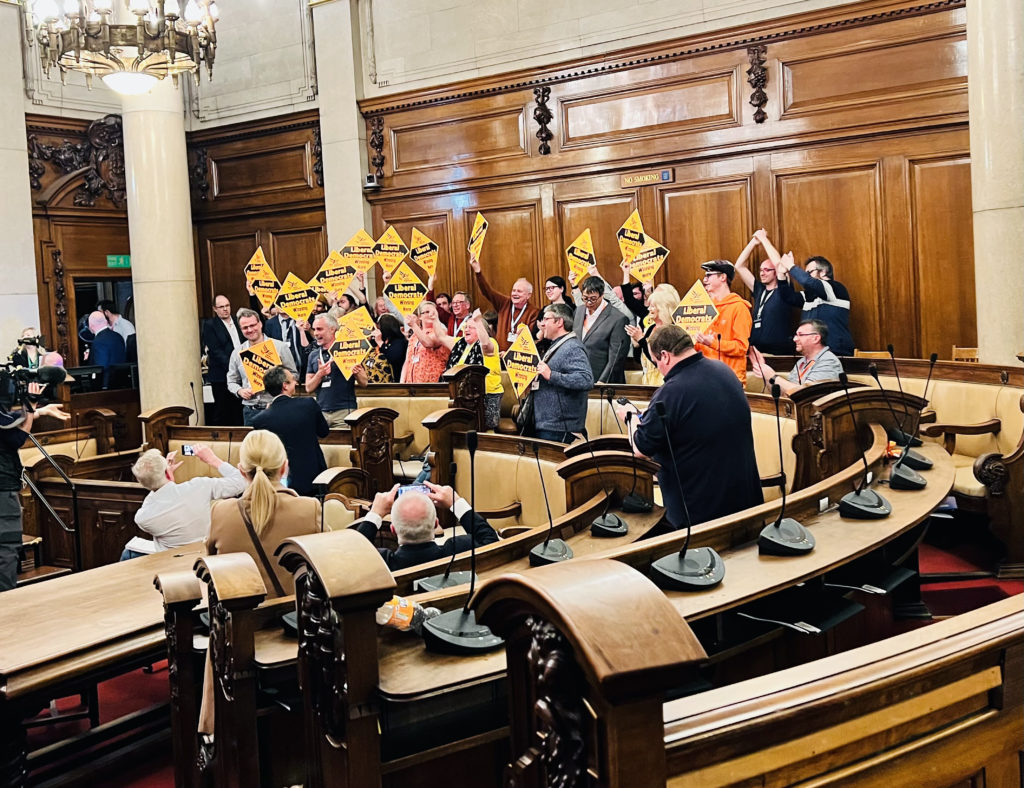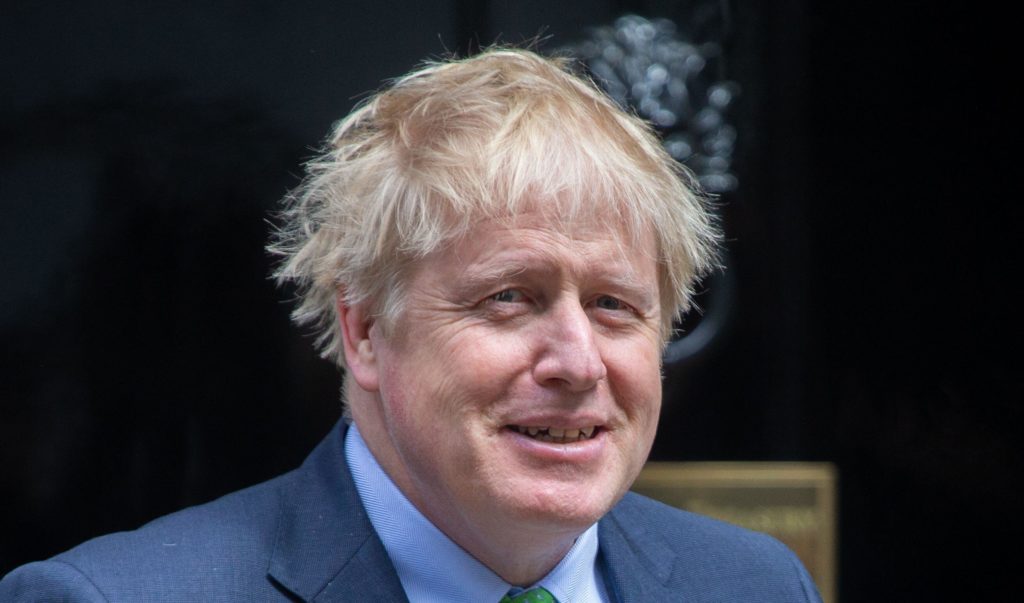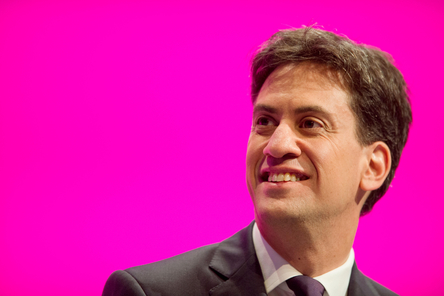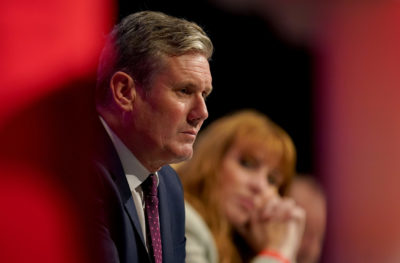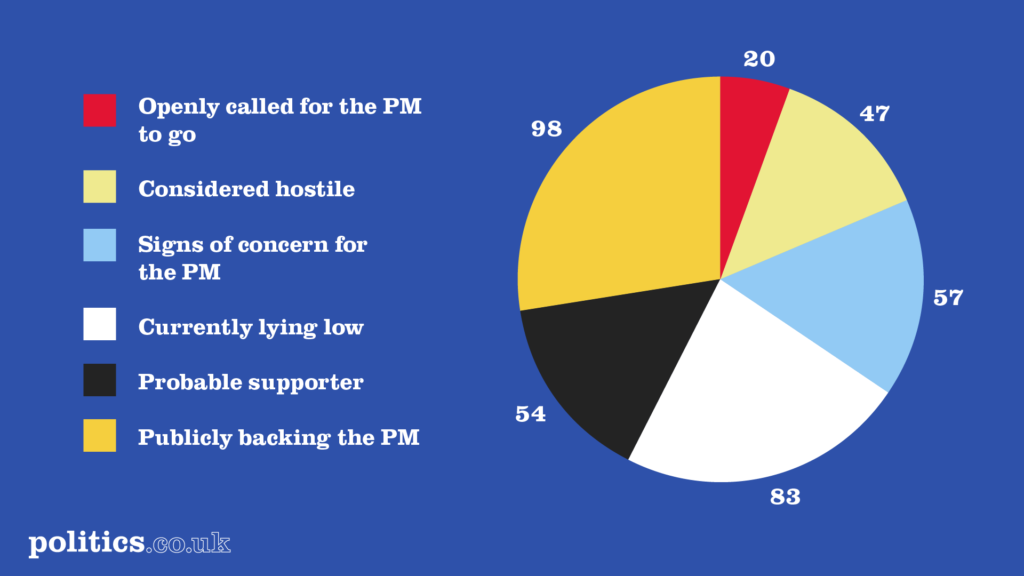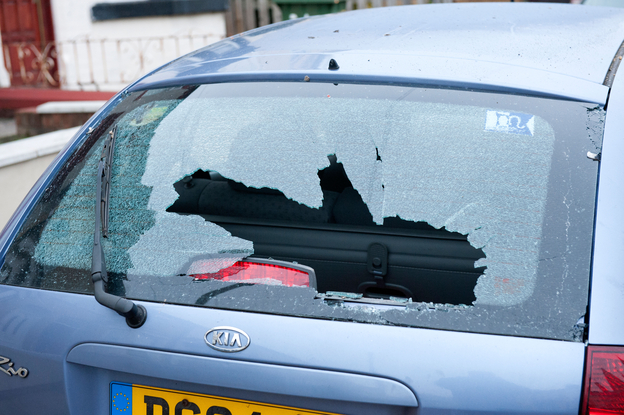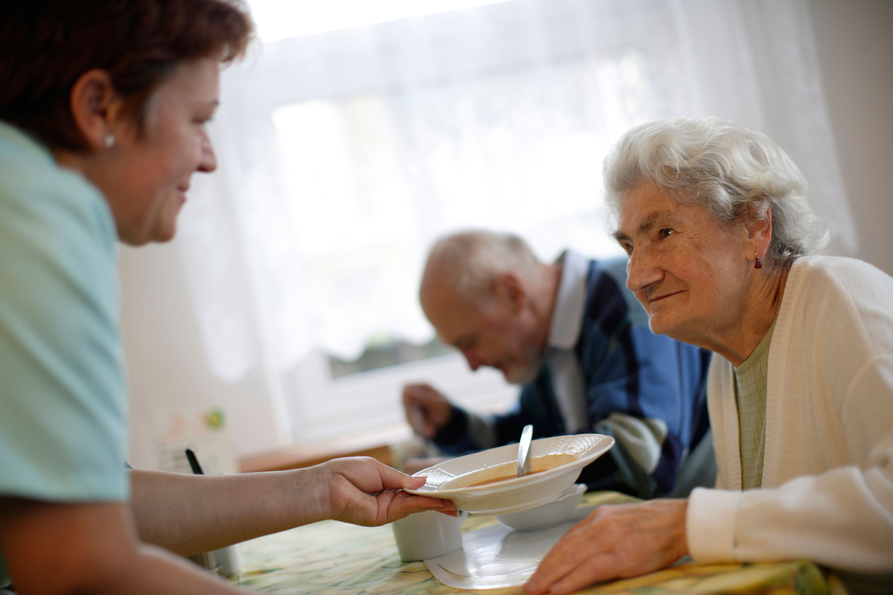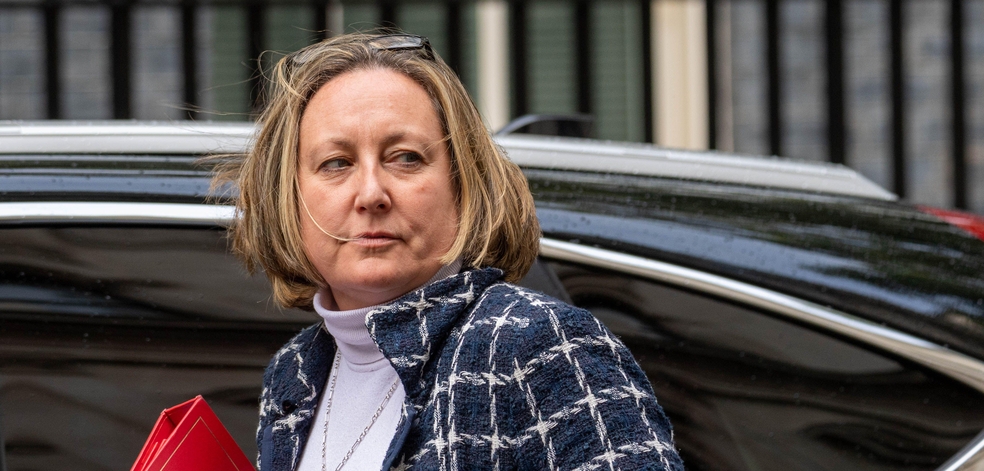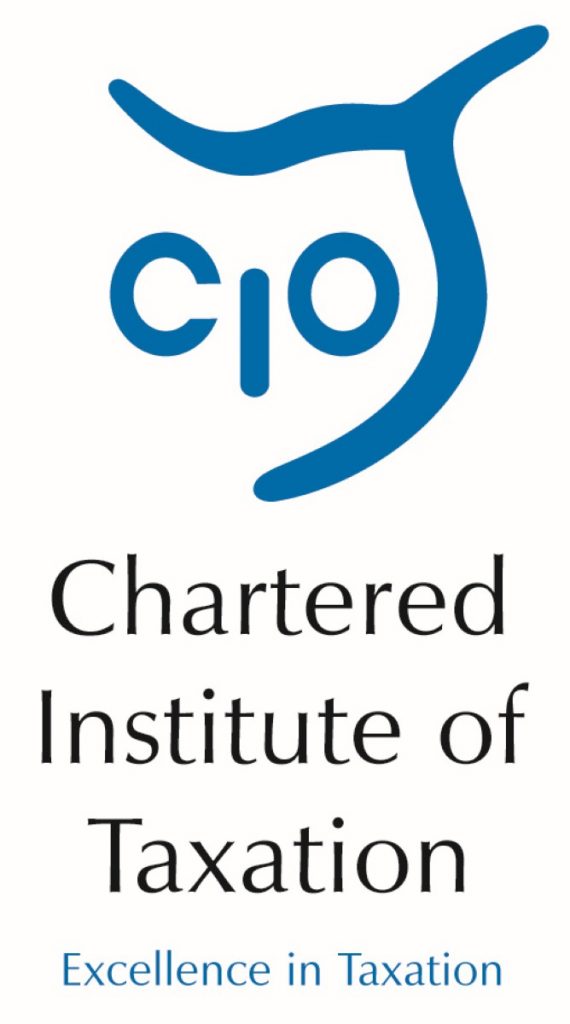Overview
Unlike the currently more dominant, Democratic Unionist party (DUP), which was only formed in 1971, the origins of the Ulster Unionist Party (UUP) can be traced as far back as the days of William Gladstone’s Home Rule Bills.
The Irish Unionist Party emerged as the result of a merger between the Conservative and Liberal Unionists. Indeed, the Ulster Unionist Party remained formally linked to the Tories until the Anglo-Irish Agreement of 1985. The historical bond between the two parties was rekindled in 2010, with joint candidates campaigning in Northern Ireland under the banner of Ulster Conservatives and Unionists – New Force.
Long regarded as the moderate section of Ulster Unionism, UUP Leader David Trimble played an important role in the negotiations that lead to the creation of the Good Friday Agreement in the late 1990s.
However after the establishment of the Good Friday Agreement, the UUP started to suffer a series of electoral setbacks in the early part of the Twentieth Century. The party saw its number of MPs reduce from 10 in 1997 to 6 in 2001. In 2005, the UUP lost a further five seats including that of the then Party Leader, David Trimble. It now had just 1 MP.
Where the UUP had been the largest party in Northern Irish politics throughout the 1980s and the 1990s, in the 2007 elections to the Northern Ireland Assembly the Party won just 18 out of the 108 seats available at Stormont.
Accordingly the Ulster Unionist Party was excluded from a role in choosing Northern Ireland’s First Minister because the St Andrews Agreement had handed the appointment to the leader of the largest party, dashing the party’s kingmaking hopes. That, Trimble’s successor Reg Empey claimed, was “foolish and sectarian”.
The 2010 General Election then saw the Ulster Unionist Party lose its only remaining MP at Westminster, after Lady Sylvia Hermon, the party’s only remaining MP, made her opposition to the Tory tie-up clear. She dodged UUP meetings repeatedly but retained the support of her local association in North Down. She subsequently departed the party, but held her seat as an independent.
During the last decade, the Ulster Unionist Party has subsequently failed to return to its former levels of popularity, being totally outshone by the Democratic Unionist Party. In the 2019 General Election, the UUP garnered just 11.7% of the vote, once again failing to win any Parliamentary seats.
The UUP is led by Doug Beattie, who is the MLA in the Northern Irish Assembly for Upper Bann. Mr Beattie is a former soldier having served in Bosnia, Iraq and Afghanistan. He is still a Captain in the Army Reserves and previously wrote the book, ‘An Ordinary Soldier’. As part of his army role, he once guarded Adolf Hitler’s former deputy Rudolph Hess in Spandau Prison.
Continuing the military theme, Mr Beattie took over the UUP leadership from Steve Aiken, himself a former nuclear submarine commander, in May 2021.

